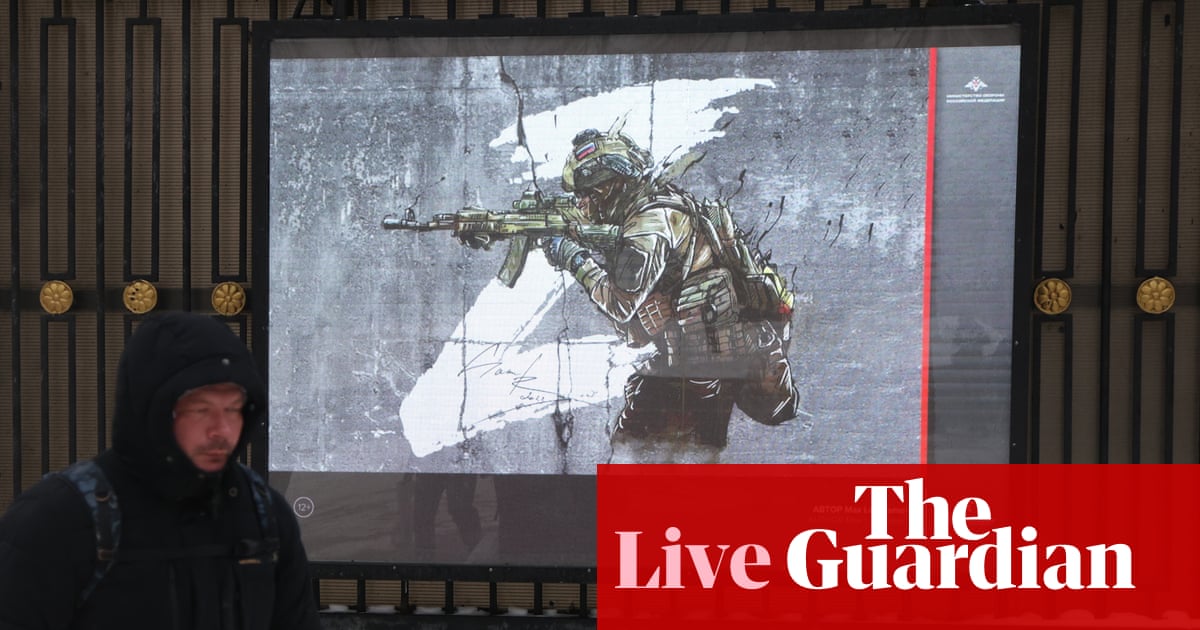
Southeast Asia is the highlight of US Secretary of State Antony Blinken’s latest world trip, but on his first stop in the UK this weekend the G7 is discussing the most daunting issue currently facing the Biden administration: A possible Russian invasion of Ukraine.
Blinken is increasingly concerned that the world is at a dangerous strategic juncture. Not only is Moscow raising tensions in eastern Europe, but other US competitors including China and Iran could take advantage of this disorder by challenging the status quo from Taiwan to nuclear talks.
These threats will be very much on Blinken’s mind this week as he travels from the UK to the three largest nations in the Association of Southeast Asian Nations — Indonesia, Malaysia and Thailand — as part of his longest overseas trip yet as the US"s top diplomat. Blinken will not just be building ties with these key states, but also putting pressure on Myanmar’s military rulers, and pushing back on China’s increasing assertiveness in the region following Washington’s declaration of a diplomatic boycott of Beijing’s Winter Olympics in protest at human rights abuses in Xinjiang.
In Jakarta, Blinken will deliver a major speech on the significance of Asia-Pacific to US foreign policy and highlight the importance of ensuring freedom of navigation in the South China Sea, where many nations have accused Beijing of encroachment. In Kuala Lumpur and Bangkok, he will convey US concerns about developments in Myanmar, where the junta has convicted Aung San Suu Kyi on two charges in proceedings widely criticised as a reversal of democratic gains.
Challenging as this landscape is, however, Blinken’s biggest current headache is Ukraine, after President Joe Biden warned Vladimir Putin last week about the consequences of an invasion.
Western intelligence estimates that Russia already has up to 100,000 troops near the border with Ukraine, along with tanks and artillery. Washington has suggested that the force could rise to 175,000 by the end of January alongside some still missing elements needed for a successful invasion, including ammunition stocks, field hospitals and blood banks.
While Biden has ruled out putting US boots on the ground in Ukraine, he told Putin last week that an invasion would bring unprecedented economic sanctions. US National Security Adviser Jake Sullivan has hinted that one target would be Nord Stream 2, the new gas pipeline from Russia to Germany. “If Vladimir Putin wants to see gas flow through that pipeline, he may not want to take the risk of invading Ukraine,” Sullivan said.
Menacing as Russia’s build-up is, nothing is set in stone. Last spring, Moscow launched a similar escalation at the Ukraine border and former deputy prime minister Dmitry Kozak warned of an intervention to help its citizens in eastern Ukraine. This worried many in the West at the time, and former US Ambassador to Ukraine Steve Pifer said the situation was “one step from war.”
Even if, as then, there is ultimately no Russian invasion, Blinken knows that the short-term outlook for Washington’s relations with Moscow is poor. Russia was one of the last major countries to acknowledge Biden’s election victory last year, and Putin has previously expressed no great hopes for an improved relationship after this failed to happen under Donald Trump’s presidency.
The Russian president perceives Western powers as trying to pick off Moscow and has warned them frequently not to cross any red lines. Moscow wants assurances that Ukraine will never be allowed to join NATO, that NATO members will have no permanent forces or infrastructure in Ukraine, and that military exercises near Russia’s border should cease.
Moscow and Washington will never agree 100 percent on these issues, given the widespread belief in the USthat Ukraine has a right to make its own decisions as a sovereign nation, and that Russia has no veto on Ukraine’s future. So the best that appears possible for the foreseeable future is a reduction in tension, with both sides aiming for a more stable, predictable relationship during Biden’s presidency.
At this time of geopolitical flux, such an outcome would come as a significant relief for the White House. It would not just deescalate the immediate threat in Ukraine, but also may reduce the possibility of other competitors intensifying challenges on wider potential fronts.
Andrew Hammond is an Associate at LSE IDEAS at the London School of Economics.
Disclaimer: Views expressed by writers in this section are their own and do not necessarily reflect Arab News" point-of-view












